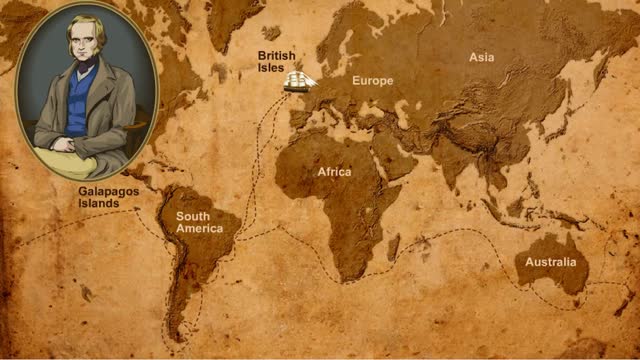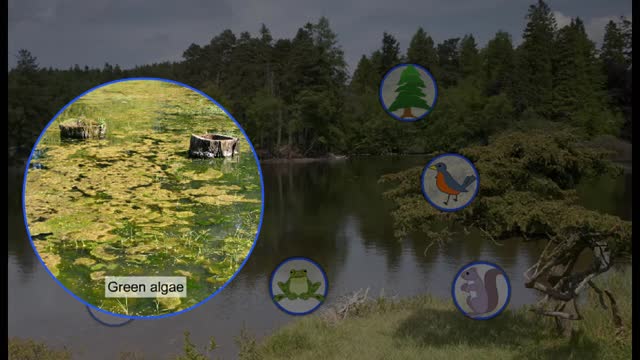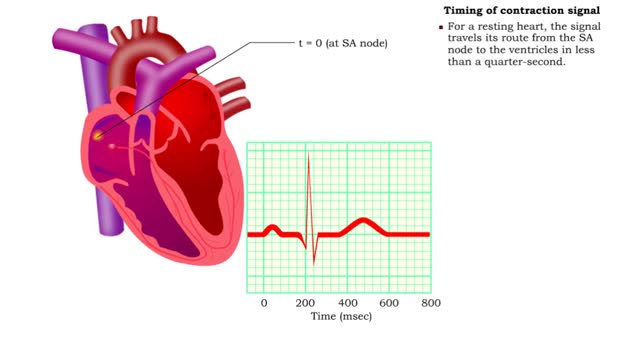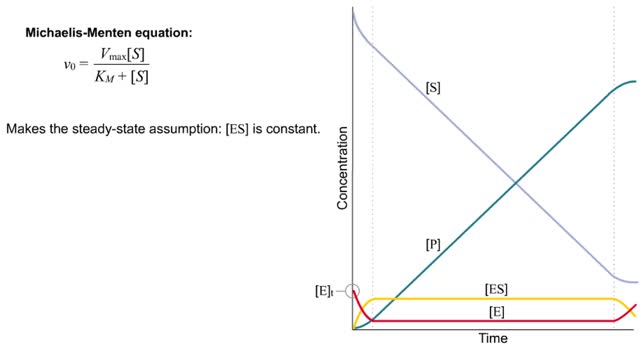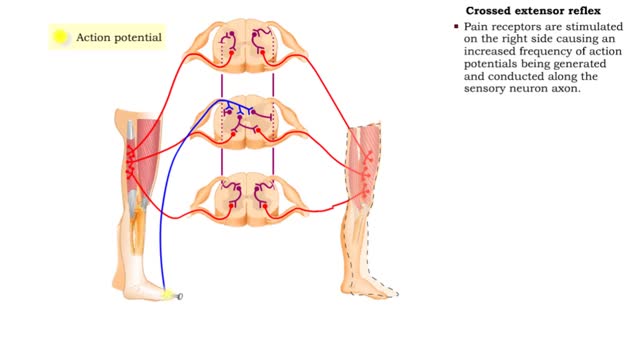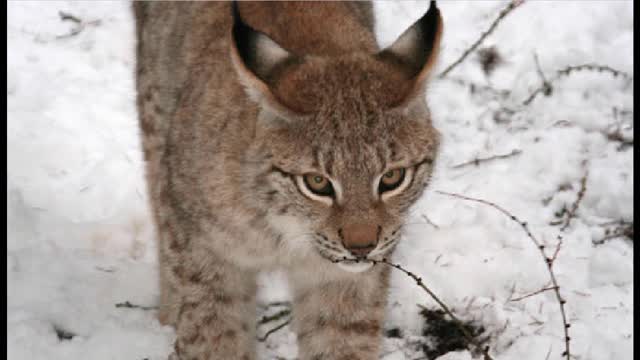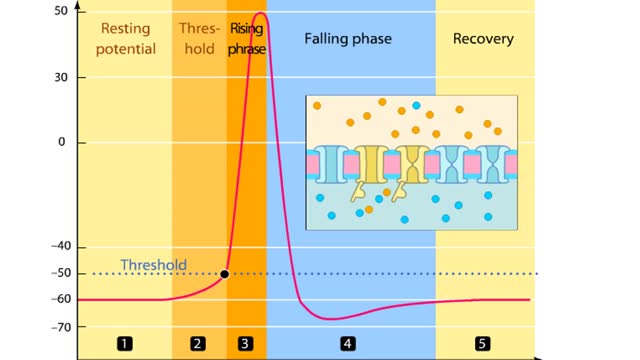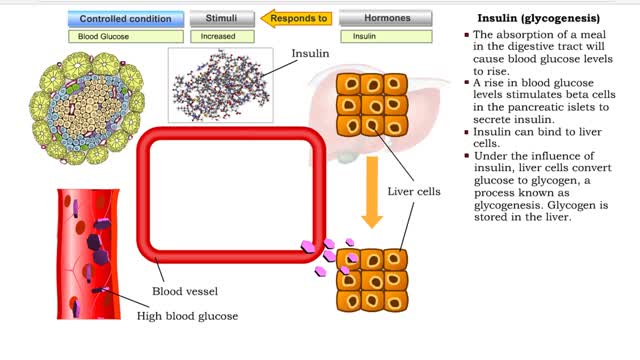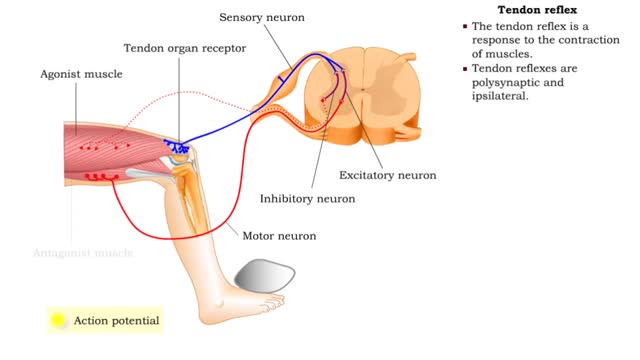Search Results
Results for: 'Homework Clinic'
Diversity of Living Creatures - Charles Darwin & the Beagle's Voyage
By: HWC, Views: 10492
As we look around at the living creatures on Earth, we see a great amount of diversity. In some cases, the differences are quite noticeable, like the differences between plants and animals. Some differences are not as easy to see, like the differences between two species of lizard. How did all...
Global warming and its effect on climate change
By: HWC, Views: 10485
Global warming, habitat destruction, and pollution are all hot topics in the news. Environmentalists are concerned that many of these factors will lead to the loss of species. But how will this happen? One way to think about the environment is as a finely-tuned, high performance engine. If one...
Coaductile pathway, Timing of contraction signal & Conduction system and ECG
By: HWC, Views: 11123
• When the system is healthy, the signal to contract the entire conduction system originates in the SA node - known as the heart's pacemaker. • The SA node triggers contraction because it depolarizes at a faster rate than other parts of the conduction system. • The wave of excitation fr...
Michaelis–Menten equation & Kinetic parameters
By: HWC, Views: 10725
The Michaelis–Menten equation is the rate equation for a one-substrate enzyme-catalyzed reaction. This equation relates the initial reaction rate (v0), the maximum reaction rate (Vmax), and the initial substrate concentration [S] through the Michaelis constant KM—a measure of the substrat...
Flexor reflex & Crossed extensor reflex
By: HWC, Views: 10821
• The flexor reflex is a response to pain. This reflex is polysynaptic, ipsilateral, and intersegmental. • Pain receptors are stimulated causing increased frequency of action potentials to be generated and conducted along the sensory neuron axon. • The sensory impulses excite several ass...
Predator- prey competition and symbiosis
By: HWC, Views: 10684
Predator-prey relationships occur when one species, the predator, kills and eats an organism of another species, the prey. This graph shows the cyclical nature of predator-prey relationships, in this case among populations of Canada lynx and snowshoe rabbits. If predation is without some li...
Phases of an Action Potential - Resting Potential, Threshold, Rising, Falling, & Recovery Phases
By: HWC, Views: 10302
In this tutorial, we will review the phases of an action potential measured from a small area of a neuron's membrane. The action potential can be divided into five phases: the resting potential, threshold, the rising phase, the falling phase, and the recovery phase. When the neuron is at rest,...
Insulin (glucose uptake by body cells), glycogenesis and lipogenesis
By: HWC, Views: 11128
Insulin is the regulator that allows the sugar from the foods we eat (be it a piece of cake or a stick of celery) to enter our tissues and become part of the metabolic process. Insulin is made by the Islets of Langerhans, which are found in the pancreas of every person. As we previously mentio...
Stretch reflex & Tendon reflex
By: HWC, Views: 10719
• The stretch reflex is a response to the stretching of muscles. It is monosynaptic and ipsilateral. • Stretching stimulates receptors in the muscle spindle of the agonist (stretched) muscle. • One or more action potentials are generated by the receptors and propagate along the axon of ...
Advertisement



